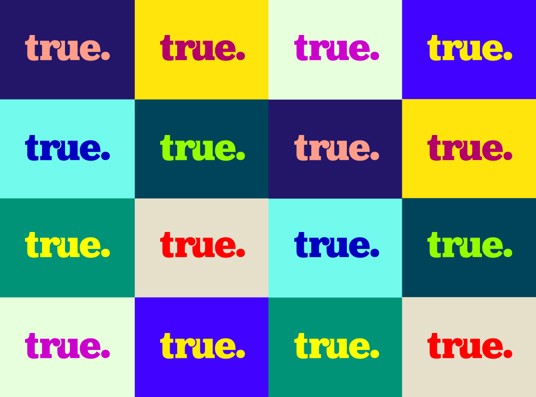Is sustainable search the future?
Green-thinking eco-friendly businesses are essential in moving towards a sustainable future, and even the search industry has a part to play.
Thursday 22nd April marks Earth Day 2021, and this year’s theme is ‘Restore Our Earth’. With this in mind, we’re taking a look at a search engine with a difference; Ecosia.
What is Ecosia?
Ecosia are the search engine that plants trees. With environmental issues at the core of their business, they use at least 80% of their profits from ad income to plant trees and are completely transparent with their financial records. The search results and paid search systems use Microsoft Bing’s search technology which is augmented by their own algorithms.
The homepage tells users how many searches they have made, with 45 searches roughly equating to a tree being planted. By July 2020, they had exceeded a total of 100 million trees planted in total, averaging around 108,000 a day from ad revenue.
Their fundamental business goal of planting more trees is made incredibly easy for users; they can still sit at home and participate in becoming greener just by switching their default search engine.
Whilst their core focus is planting trees, they also state that they don’t sell user data to advertisers. Searches are encrypted and all searches are anonymised after four days. This is likely to increasingly attract users who are becoming more sceptical about the likes of Google. For advertisers, this means that audiences can’t be targeted by demographic, only search terms.
How many users search using Ecosia?
Is the search engine landscape becoming more diverse? Well, Google have historically held a large monopoly over the search industry, so how can new and much lesser-known search engines break into the market and compete with Google? They need to have a clear USP, with a large enough audience who are interested and dedicated.
As of 2019, and with ten years of presence in the search industry, Ecosia celebrated 16 million monthly users and 76 million trees planted. Whilst this was a major milestone for the company, Google still has 86.86% of the market share (Statista, 2021), receiving 3.5 billion searches a day (Internetlivestats, 2019).
At true, we’ve seen an average of 0.09% of organic traffic come from Ecosia, with the majority still using Google as their primary search engine. So, it is evident that Ecosia is only being used by an incredibly small group of digital users.
However, their aim to become a wider-known search engine and gain more of the search market share could become more of a reality. Ecosia can now be set as a default search engine in Safari, and even Google Chrome offers it as a built-in option.
A rising trend in consumer desires for sustainability
A study by Neilson found that 66% of people would pay a higher price for products sold by companies who are environmentally aware. So, Ecosia fits nicely with a rise in consumer interest in all things related to sustainability, including boycotting fast fashion, moving towards plant-based diets and using less plastic. And it is the younger generation who are driving this shift, which can be seen by 60% of Ecosia’s users aged between 18 and 34.
Is it a no-brainer? Well, when you compare Ecosia’s environmentally friendliness, it outperforms Google on the surface. However, Google has been carbon neutral since 2017, drawing 100% of its energy from renewable sources. And Ecosia is owned by Microsoft, who have only recently vowed to become carbon negative by 2030. So, digging deeper, they may not be the only sustainable search engine.
What does this mean for advertising?
Although Ecosia has seen considerable growth in their number of users, they still have an incredibly small share of the search market, at just 1.07% (Statista, 2021). In comparison to Google, and even Bing and Yahoo, this is still a very limited number of users.
If you’re considering advertising on Ecosia, it could be beneficial for brands whose products or services are eco-friendly or are helping to address climate change. You’ll be putting your brand in front of eco-conscious eyes.
It could also help with your brand’s CSR; investing your ad money in planting trees can only help in driving your business towards more ethical and sustainable operations.
However, with a small market share, it is best not to put all of your eggs in one basket and rely solely on Ecosia. Google is still the most widely used search engine, so it will be strategically best in driving the most conversions. And, if Ecosia users are trying to increase the number of trees being planted, they may be inclined to click ads to magnify their click total. So, whilst your CTR will rocket, your conversions will be minimal.
What about search?
When you are planning your SEO approach, you shouldn’t have a different strategy for each search engine, instead follow Google’s guidelines. They state that websites should be written for users, not search engines. So, don’t try and tick every box of every algorithm; adding relevant content for the user’s intent will assist in your search result visibility across every search engine’s algorithm, widening your organic visibility across all of the key sources.
If you’re looking for more information on the search industry landscape, or want to discuss your search and advertising strategy, get in touch with us.



